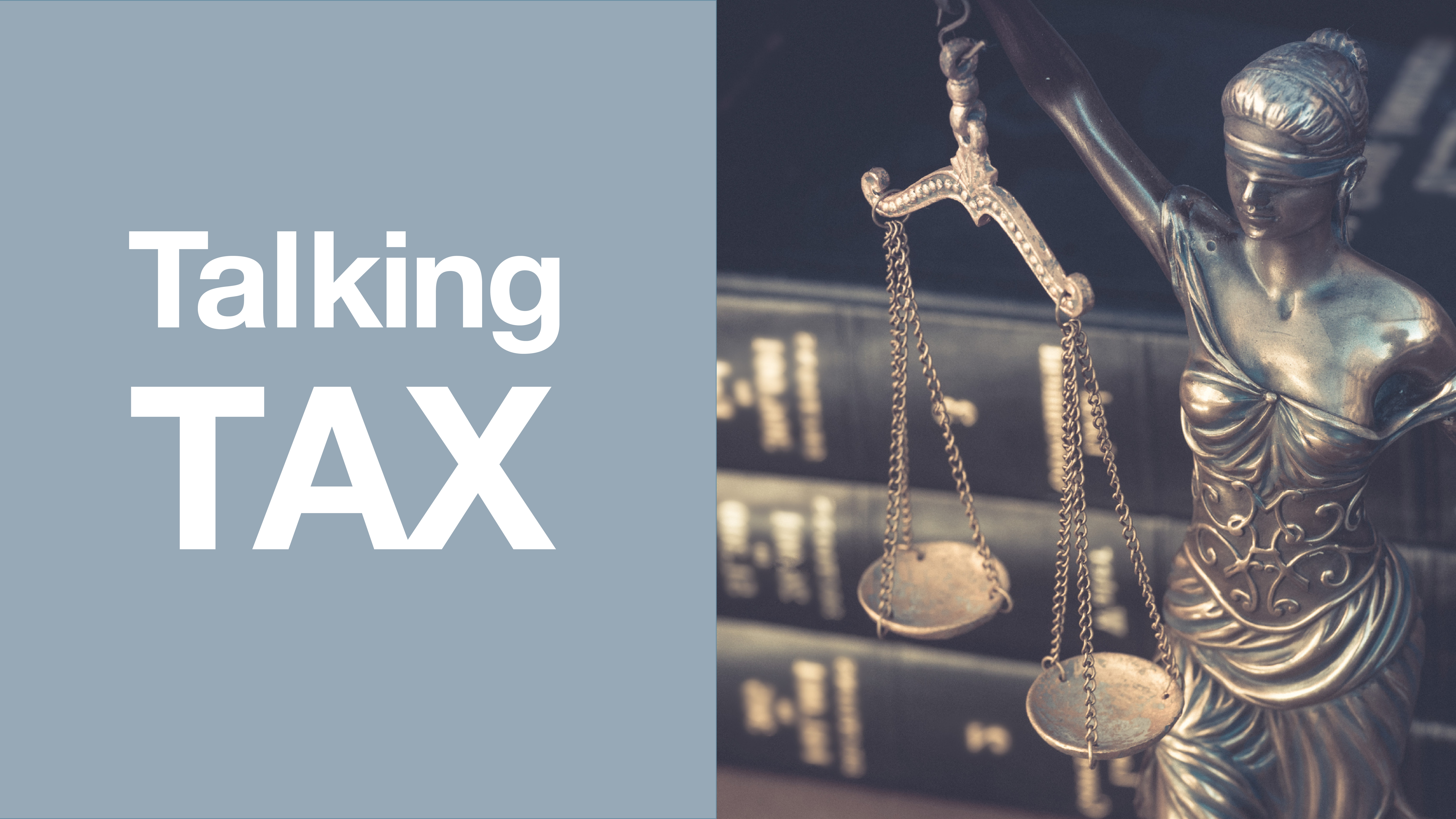BizTips – What incentives and grants are available to my business?
There is an abundance of incentives, concessions, grants and assistance programs available to Australian businesses, particularly small businesses and startups. From the announcements made in the National Innovation and Science Agenda to changes in crowd-funding laws, let alone those incentives that have been around for many years, the sheer number of possibilities is daunting.
The difficult part for a business owner is understanding which ones are accessible and how valuable and suitable they are to their business. For small businesses and startups, getting this right can mean the difference between survival or business failure.
In the first part of this article, we highlight some of the key incentives and concessions available to small businesses and startups. In the second part, we look at some of the grants and assistance programs which are available and provide links to a number of online directories.
All of these incentives, concession, grants and assistance programs will either have eligibility conditions or require some form of application or submission to be made. In either case, engaging a qualified and experienced adviser will increase your chances of success. It will also reduce the risk that a regulator, such as the ATO, may look to recover the benefit of those incentive that have been incorrectly claimed.
Incentives and concessions
Crowd-source funding
Legislation passed in March 2017 introduced better access to crowd-sourced funding (CSF) for startups by reducing compliance and disclosure burdens for a five year period.
The new laws see Australia join countries such as the UK, Canada, New Zealand and the USA who all have existing CSF laws.
Under the new laws, startups earning less than $25 million in annual revenue and having less than $25 million in gross assets may be eligible to make CSF offers to the market and accept investment from retail investors.
Concessions include:
- exemption from the requirement to hold an annual general meeting
- the option to provide reports to shareholders simply by making them available online and
- an exemption from the requirement to appoint an auditor until the company has raised $1 million or more from CSF offers.
As discussed in Talking Tax Issue 96, the Government has also introduced new laws which propose to allow companies to access CSF without transitioning to public companies.
The concessions currently available are not without restrictions which are explained in detail in our article titled, ‘New equity crowdfunding legislation passed’. Given the nature of these restrictions, companies considering CSF should seek appropriate legal advice before making offers to the market.
Venture capital limited partnerships and early stage venture capital limited partnerships
Venture Capital Limited Partnerships (VCLPs) and Early Stage Venture Capital Limited Partnerships (ESVCLPs) are investment vehicles that can provide tax exemptions and concessions for those investing in Australian companies. Recent modifications to the Significant Investor Visa programme will also encourage further investment in these types of investment vehicles
Broadly, the tax benefits for VCLPs and ESVCLPs are:
- flow-through tax treatment for the partnership (ie partners are taxed according to their separate individual tax status)
- exemption to foreign investors from tax on their share of the profits made by the partnership (provided that certain conditions are met) and
- fund managers are able to claim their ‘carried interest’ (ie management fee) on capital account, rather than revenue account.
Limited partners in an ESVCLP also receive a non-refundable carry forward tax offset of up to 10% cent of their eligible contributions. Further, both resident and non-resident limited partners in an ESVCLP are exempt from tax on their share of the profits made by the partnership (provided that certain conditions are met).
The tax inventive available for investors using VCLPs and ESVCLPs are intended to encourage investment in innovative, early stage, Australian companies. However, the laws governing eligibility and entitlement are complex and we encourage investors and fund managers to seek appropriate legal advice.
Early stage innovation company tax incentives
The tax incentives available to early stage investors (sometimes referred to as ‘angel investors’) link to the Government’s policy of encouraging innovation and assisting with the acceleration of startups. These incentives provide a tax offset that operates as a credit against other tax payable by an investor, as well as other capital gains tax concessions.
Broadly, eligible investors in Australian companies are provided with:
- a 20% non-refundable carry-forward tax offset for qualifying investments, capped at $200,000 for each investor and their related parties (combined) per year, and
- a deemed capital account treatment, and an exemption from capital gains tax for qualifying investments held between one and ten years. Investors who hold shares for at least 10 years also receive a market value cost base on the 10th anniversary of their acquisition.
The incentives are predominantly focussed on sophisticated investors, although ‘mum and dad’ investors can avail themselves of the incentives in some cases.
For a detailed summary of the incentives see our article titled ‘New tax incentives for early stage investors’, or contact Anthony Bradica.
R&D tax incentive
Under the Research and development tax incentive (R&D tax incentive), companies with an annual turnover of $20 million or less may be eligible to claim a refundable cash offset of 43.5% of eligible R&D costs.
Among other things, these incentives aim to:
- encourage research and development that may not otherwise have been conducted and
- improve the incentive for smaller businesses to undertake research and development.
Despite the reference to ‘research and development’, the incentive is targeted towards expenditure incurred by businesses on innovating systems and processes, such as developing software for the business’ use or creating a new process for manufacturing goods.
The R&D tax incentive is a significant opportunity for innovative startups, particularly as certain professional advisers allow for their costs to be deferred and paid from the refunded offset.
The incentive is administered jointly by the ATO and the Department of Industry, Innovation and Science. Companies seeking to access the R&D tax incentive should seek appropriate advice.
Employee share scheme startup concessions
The Employee Share Scheme (ESS) startup concessions offer benefits to both small business employers and their employees.
While small business employers are subject to reduced compliance costs associated with set up and maintenance of schemes, eligible employees receive the following tax benefits:
- no tax is payable until the options or shares are sold, and
- any gain made on the sale or disposal of shares or options are treated as capital gains, and employees may therefore be able to apply the 50% CGT discount.
The ESS startup concessions allow small businesses to provide tax effective medium to longer term incentives to their employees, and can also compensate for lower salaries and relieve pressure on cash flow.
While the ATO provides template documentation, this will often require tailoring in order to suit each business owner and their objectives in setting up an ESS.
Grants and assistance
There are plentiful government grants and assistance programs available to Australian businesses, particularly startups, small businesses and innovators.
To make it easier to identify the appropriate grant or program, the Federal Government maintains on online directory which can be used to search for Federal grants and programs by State, industry, annual turnover and more.
An example of some grants and assistance programs available nationally are listed below:
- Export Market Development Grants (EMDG) – Provides exporters who are aiming to increase their international sales with reimbursements of up to 50% of promotional expenses. Promotional expenses must be over $15,000 to a maximum of $150,000.
- Australia-China Science and Research Fund Joint Research Centres – Provides Australian research organisations with grants of up to $1 million to participate in Joint Research Centres that link Australian and Chinese research institutions to conduct research-related activities.
- Accelerating Commercialisation – Provides businesses with access to expert advice and matched funding of up to $1 million to cover eligible commercialisation costs to help them to take novel products, processes and services to market.
- Innovation connections – Provides small and medium sized businesses with access to expert technology advice to address technology and knowledge gaps, and collaborate with the research sector in developing new ideas with commercial potential. Support includes up to $50,000 in matched funding to work on collaborative projects.
- Incubator support – Provides new and existing business incubators with matched funding (ie from applicants) of up to $500,000, to assist Australian start-ups develop the capabilities required to succeed in international markets.
- Biomedical Translation Fund (BTF) – The $500 million Biomedical Translation Fund will make venture capital investments in promising biomedical innovations with commercialisation potential in Australia.
There is also a number of State and Territory funded grants and programs which can be located via the following sites:
| Australian Capital Teritority | New South Wales |
| Northern Territory | Queensland |
| South Australia | Victoria |
| Western Australia |
These are subject to eligibility criteria and in most cases businesses will require assistance in preparing applications for government funded grants and assistance programs.
Contact
Anthony Bradica
Partner
Anthony specialises in taxation planning and structuring for corporate clients, including advising on capital raisings and M&A.
Adam Dimac
Special Counsel
Adam is an experienced tax lawyer, advising on a range of matters, including Division 7A, CGT and corporate restructuring.
Related practices
You might be also interested in...

Corporate Tax | 29 Aug 2017
The new similar business test – a golden opportunity for businesses or a playground for lawyers
The government has recently introduced draft legislation (Treasury Laws Amendment (2017 Enterprise Incentives No. 1) Bill 2017 (Bill)), which proposes to amend the Income Tax Assessment Act 1997 and Income Tax Assessment Act 1936 to create a new framework for determining whether a business can carry forward and use tax losses and bad debts that it incurred prior to a change of control or ownership of that business.





